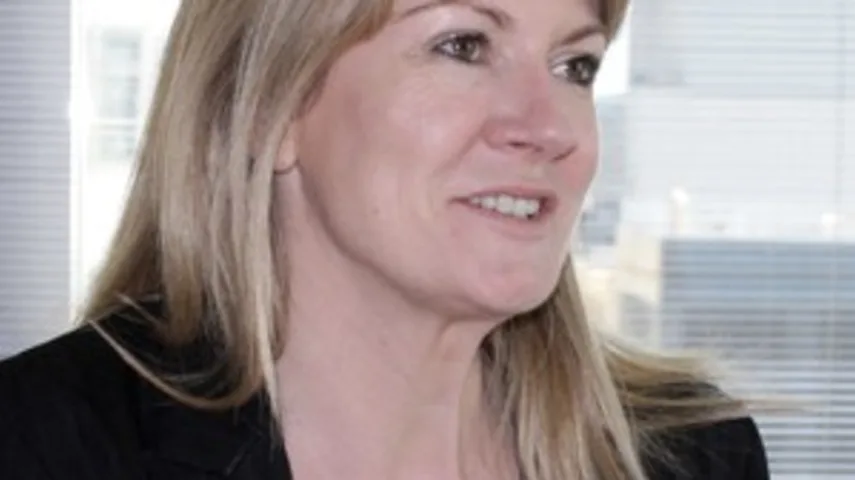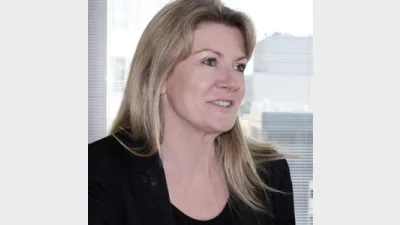Change in Government to spur on hiring appetite



The recent change in Government could help to boost business confidence and increase hiring across the banking and financial services sector, according to Hays Banking director Jane McNeill.
In the months leading up to the federal election, little attention has been paid to investment in the future for both institutional and boutique financial services providers, she said.
“We may not see it immediately, but hopefully by the end of the quarter I would expect the more proactive organisations to be looking to the year ahead,” McNeill said.
“I would hope the change in Government would reduce the compliance costs for small business and, on that basis, hopefully we’ll see more investment in employment and training.”
Although Hays’ latest salary guide pointed to a holding pattern in relation to hiring over the last six months, the demand for risk and compliance professionals is still high as both banks and boutiques continue to bolster their capabilities in the wake of the 1 July commencement of the Future of Financial Advice (FOFA) regulations.
While the impending Government has pledged to make a number of amendments to FOFA, McNeill said financial services providers will still need to ensure they have the resources to meet current regulatory requirements. As such, compliance professionals will be highly sought after well into the next quarter.
Recommended for you
Compared to four years ago when the divide between boutique and large licensees were largely equal, adviser movements have seen this trend shift in light of new licensees commencing.
As ongoing market uncertainty sees advisers look beyond traditional equity exposure, Fidante has found adviser interest in small caps and emerging markets for portfolio returns has almost doubled since April.
CoreData has shared the top areas of demand for cryptocurrency advice but finds investors are seeking advisers who actively invest in the asset themselves.
With regulators ‘raising the bar’ on retirement planning, Lonsec Research and Ratings has urged advisers to place greater focus on sequencing and longevity risk as they navigate clients through the shifting landscape.










